
- VPN split tunneling
- TrustedServer technology
- Network Lock kill switch
- Private DNS
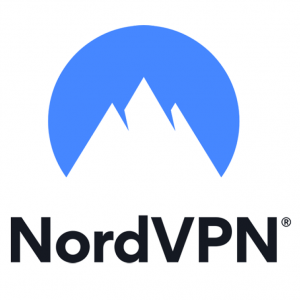
- Uninterrupted streaming
- Multiple devices
- Split tunneling support
- P2P welcome here

- Unlimited devices
- CleanWeb
- Camouflage Mode
- Private DNS & leak protection
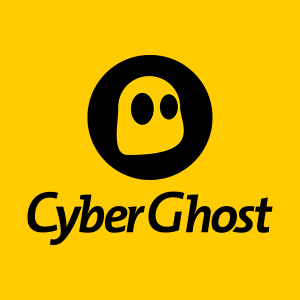
- Over 6800 VPN servers worldwide
- AES 256-bit encryption
- Strict No Logs Policy
- Unlimited bandwidth and traffic
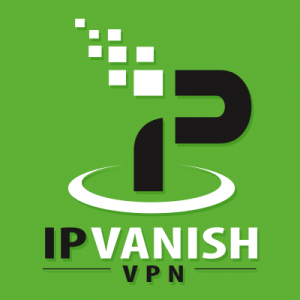
- Remote device wiping
- Advanced VPN encryption
- Unmetered device connections
- No data transfer caps
Choose the Best VPN Service for Public WiFi
Customer’s Choice: the Best Rated VPN Services for Public WiFi
3 users answered this survey. Please help us improve this review!
Public WiFi can be a hacker’s paradise. If you’re not careful, you could easily fall victim to identity theft or malware. The best way to stay safe and anonymous when using public WiFi is to use a VPN service.
A VPN, or virtual private network, encrypts your traffic and routes it through a server in another location. This makes it impossible for anyone to snoop on your traffic or steal your data [1].
Working or studying in coffee shops may be a lot of fun, but using their public internet hotspots is not advised. Because it is available to the general public, it may be accessed by anyone, including a cybercriminal. If this happens, an attacker might use malware to breach your system and obtain sensitive data via an unsecured WiFi connection.
Unless you use a VPN, which encrypts your Internet traffic and makes it unreadable, protecting your sensitive data from prying eyes, you are at risk of being spied on or hacked when using public WiFi.
A VPN is a must-have for anyone who frequently uses public WiFi hotspots. It will keep you safe from hackers and snoopers, and it will also protect your data from being accessed by third-party companies.
In this article, privacy experts will discuss the best VPN services for public WiFi and answer some common questions about them. We will also review some of the most popular VPN services on the market. Stay safe and anonymous with one of these services!
ExpressVPN – the Editor’s choice!
If you’re looking for a reliable and fast VPN service, ExpressVPN is a great choice. With over 3000 servers in 90+ countries, they offer a great selection of locations to connect to. The military-grade encryption is top-notch and it will keep your data safe. The money-back-guarantee for 1 month is also a great feature. ExpressVPN is compatible with most popular operating systems and is easy to install and use.
Another great thing about ExpressVPN is the connection speed. It’s one of the fastest VPNs on the market. One activation is required for stable work, but that is it. You are good to go!
And their military-grade encryption means that your data is always safe from hackers and government surveillance. However, it’s important to note that ExpressVPN is more expensive than some other VPN services. It’s also worth mentioning that the Chrome extension isn’t currently working.NordVPN – the best server network!
If you’re looking for a top-of-the-line VPN service, NordVPN is a great choice. With over 5200 servers in more than 60 countries, you’ll be able to find a server that suits your needs. And with 6 connections at once, you can protect all of your devices. NordVPN uses military-grade encryption to keep your data safe and secure. Moreover, their money-back policy guarantees that you’ll be satisfied with the service.
In addition, their fast-speed connections make it a good choice for streaming and gaming. If you have any questions or problems, their customer support is always there to help.
NordVPN is also compatible with most popular operating systems, so you can use it on your laptop, tablet, or smartphone. The best advantages are server networks and multiple locations.Surfshark – the best streaming speed!
Surfshark is one of the best performing VPNs on the market. It’s fast, it’s easy to use, and it’s got a great set of features. The best of all, it’s very affordable.
Surfshark has over 3200 servers in 95 countries, so you can always find a server that is close to you for the best possible performance. In addition, with unlimited connections, you can use Surfshark on all your devices at the same time.
Surfshark also has a great streaming speed, so you can always enjoy your favorite shows and movies without buffering. Moreover, with WideGuard on all its apps, you’ll never have to worry about streaming blocks again.
Split tunneling is a handy feature that lets you choose which apps use the VPN and which don’t – perfect for when you want to stream HD content without sacrificing speed. Surfshark’s WideGuard blocks malicious websites and ads, giving you an extra layer of security.CyberGhost – the best refund option!
If you’re looking for a VPN service that has it all, CyberGhost is a great option. With a well-built server fleet, 7 simultaneous connections, and integrated antivirus, it’s a great choice for those who want a reliable and feature-packed service. Speed scores are excellent, and the ad-blocking feature is a nice bonus.
The 45-day refund policy is also generous. However, it should be noted that the price is on the higher end, and there have been some reports of slow connection speeds and overloaded servers.
Overall, CyberGhost is a great option for those who want a comprehensive VPN service.
With over 90 locations to choose from and 7 simultaneous connections, you’ll be able to browse the web with peace of mind, knowing that your data is protected when you use public WiFi.IPVanish – the best for p2p sharing!
If you’re looking for a VPN with a huge selection of servers in multiple locations, IPVanish is a great option. They have over 2000 servers in more than 75 locations, so you’re sure to find one that meets your needs.
Moreover, if you’re a fan of torrenting or p2p sharing, you’ll be happy to know that IPVanish is friendly to those activities. In addition, their encrypted web browsing and 24/7 live support chat make them a great choice for online privacy.
And with support for multiple device connections and a no-log policy, they’re perfect for families or anyone who wants to keep their online activity private. Not to mention their money-back guarantee and unmetered connections.
IPVanish can be perfect for anyone who wants to browse the web anonymously. And with support for torrent networks and p2p sharing, it’s great for anyone who wants to download files securely.The Buyer’s Guide
Why Do I Need a VPN for Public WiFi
WiFi Snooping
The first reason you might want to consider using a VPN on public WiFi is the dangers of WiFi snooping. This is where someone uses special software to intercept data being sent over the network. They can then read this data, including any passwords or personal information you may be sending. This is a serious problem, and it’s one that is becoming more and more common [2].
There are a few ways to protect yourself from WiFi snooping. One is to use a VPN. A VPN encrypts your data so that even if someone does manage to intercept it, they won’t be able to read it. This makes it an essential tool for anyone who wants to keep their data safe on public WiFi.
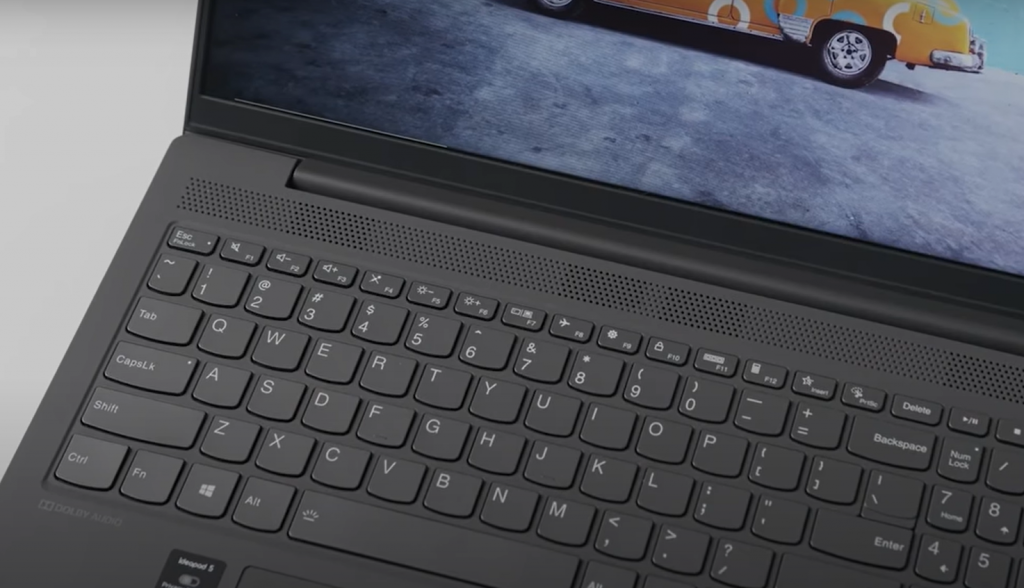
Another way to protect yourself is to use a secure browser extension like HTTPS Everywhere. This will force your browser to use a secure connection whenever possible, making it much harder for someone to snoop on your data.
But even with these precautions, you’re not completely safe on public WiFi. The best way to protect yourself is to avoid using it altogether if possible. If you do need to use public WiFi, make sure you only connect to websites that are encrypted and avoid sending any sensitive information if possible.
And of course, make sure you have a good VPN installed so you can stay safe and anonymous.
Rogue WiFi Networks
Another danger of public WiFi is rogue WiFi networks. These are fake WiFi networks set up by hackers in order to intercept data. They often use names that are similar to legitimate networks, making them hard to spot.
This includes anything you may be typing into websites or apps, as well as any passwords or personal information you may be sending.As with WiFi snooping, the best way to protect yourself from rogue WiFi networks is to use a VPN.
Man-in-the-Middle Attacks
This happens when a hacker intercepts your data and then pretends to be the website or app you’re trying to connect to.
For example, if you’re trying to connect to your bank’s website, the hacker will intercept your data and then send you to a fake website that looks identical to your bank’s site. They can then steal your login details and any other information you may enter into the site.
Exposure to Malware
This is because it’s relatively easy for someone to set up a fake WiFi network and then use it to distribute malware.
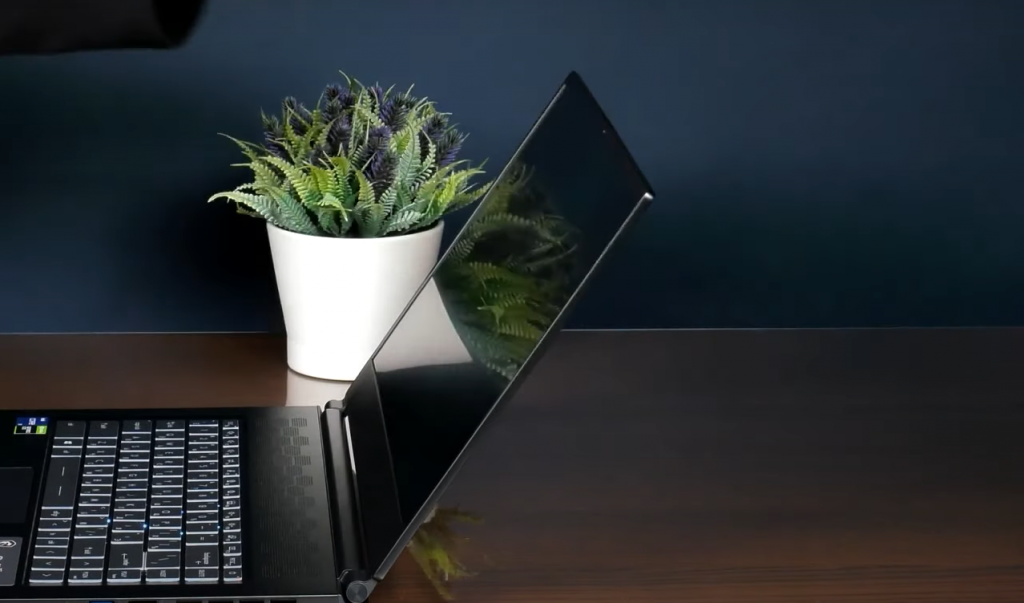
Once again, the best way to protect yourself from this is to use a VPN. A VPN will encrypt your data and make it much harder for hackers to intercept your traffic and infect your device with malware.
Lack of Data Encryption
If you’re not using a VPN, your data is being sent over the network in plain text. This means that anyone who can intercept your data will be able to read it.
A VPN encrypts your data so that even if someone does manage to intercept it, they won’t be able to read it. This makes it an essential tool for anyone who wants to keep their data safe on public WiFi.
There are a few different types of encryption, but the most common is AES-256 bit encryption. This is what we recommend you look for in a VPN service.
What Advantages Does a VPN Provider Offer for Public WiFi Networks?
When you connect to the internet through a VPN service, your data is encrypted. This means that any information you send or receive while connected to the VPN cannot be intercepted by anyone else. Additionally, a VPN can help to hide your real IP address, making it more difficult for third parties to track your online activity [3].
There are many other advantages of using a VPN service, including the ability to bypass geo-restrictions and access content via public WiFi that might otherwise be unavailable in your country. However, for the purposes of this guide, we will focus on the security and privacy benefits of using a VPN when connecting to public WiFi hotspots.
Main Features
Reliable Apps For All Platforms
One of the most important features to consider when choosing a VPN service is whether it has reliable apps for all popular platforms. The best VPN providers will offer dedicated apps for Windows, Mac, iOS, and Android devices at the very least. These apps should be well-designed and easy to use [4].
Additionally, the best VPN services will also have browser extensions for major browsers like Google Chrome and Mozilla Firefox. These extensions can come in handy if you want to quickly enable your VPN while using a public Wi-Fi network or browsing the web on a coffee shop or library computer.
Finally, some premium VPN providers also offer custom router firmware that you can install on compatible routers. This is a great way to protect all of your devices on your home or office network with a single VPN subscription.
Advanced Features
Once you’ve found a VPN service with reliable apps and helpful customer support, the next thing to look for is advanced features that can take your privacy and security to the next level.
One such feature is military-grade encryption.
Another useful feature is a kill switch. This will automatically disable your internet connection if your VPN connection drops for any reason. This prevents your true IP address from being exposed in case of accidental disconnection.
Some premium VPN providers also offer split tunneling. This allows you to route some of your traffic through the VPN while still sending other traffic directly to your ISP. This can be useful if you want to encrypt your browsing traffic but still have access to local resources like printers or file shares.
A No-Logs Policy
One of the most important features to look for in a VPN service is a strict no-logs policy. This means that the VPN provider does not keep any records of your online activity.
This is important because it ensures that even if the government or hackers were to get their hands on the VPN’s servers, they would not be able to see what you’ve been doing online.
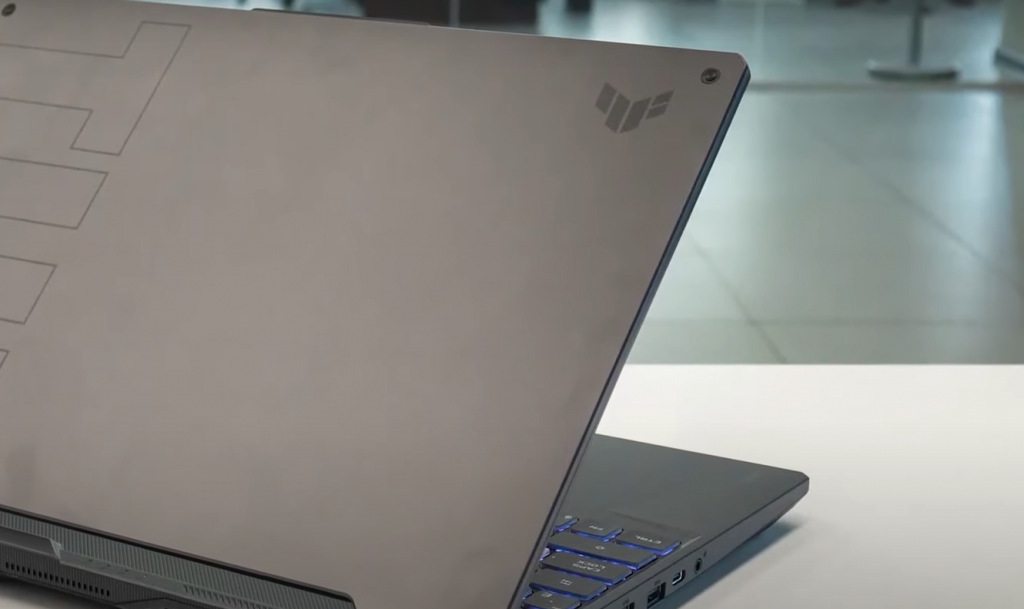
The best VPN providers will have a clear and concise no-logs policy that is easily accessible. Be sure to read through this policy carefully before signing up for a VPN service.
Fast Servers in Multiple Countries
Another important consideration when choosing a VPN service is the number and location of servers. The best VPN providers will have servers in multiple countries around the world. This gives you more options for spoofing your location and accessing geo-locked content.
Additionally, the servers should be fast and reliable. This is especially important if you plan on streaming video or downloading large files.
Simultaneous Connections
If you have multiple devices that you want to protect with a VPN, it’s important to choose a service that offers simultaneous connections. This means that you can connect more than one device to the VPN at the same time.
The best VPN providers will allow you to connect five or more devices simultaneously. This is especially handy if you have a family or small office and want to protect all of your devices with a single VPN subscription.
Excellent Accessibility
This means that VPN providers should be available on all of your devices and should be easy to set up and use. The best VPN providers will offer a money-back guarantee. This allows you to try out the service risk-free and get your money back if you’re not satisfied [5].
Customer Support
This can be a valuable resource if you’re ever having trouble connecting to a particular server or if you need help configuring advanced features.
When choosing a VPN service, be sure to consider all of these factors to find the best one for your needs. With so many great options available, there’s no reason not to take advantage of the increased privacy and security that a VPN can provide.
How to Use a VPN on a Public WiFi Hotspot?
If you want to use a VPN on a public WiFi hotspot, there are a few things you need to do [6]:
- Make sure that your VPN is turned on and connected to the right server;
- Open your browser and go to the website of the VPN service you’re using;
- Log in with your username and password;
- Click on the “Connect” button;
- Wait for the VPN connection to be established. Sixth, start browsing the internet;

Please note that not all WiFi hotspots are equal. Some public WiFi networks may be more secure than others. If you’re unsure about whether or not a particular WiFi network is safe to use, we recommend doing some research beforehand or contacting the network administrator.
FAQ
Are VPNs good for public WiFi?
When you connect to a VPN, all of your online activity is encrypted, so you can rest assured that no one will be able to spy on it while using public Wi-Fi. Your connection is secure everywhere thanks to the VPN’s protection. Cybercriminals will be unable to penetrate the wall of encryption and you will remain safe.
What are the risks of WiFi Hotspots?
When you use public Wi-Fi, all of your data is transmitted over an unsecured network. This means that anyone with malicious intent could be eavesdropping on your traffic. They could be stealing your personal information or infecting your devices with malware.
A VPN protects you by encrypting all of your data so that no one can read it. This makes it impossible for cyber criminals to steal your information or infect your devices.
Does ExpressVPN protect you on public WiFi?
The short answer is yes. ExpressVPN encrypts your traffic with AES-256, which is the same level of encryption used by the US military. This makes it impossible for anyone to snoop on your web activity or steal your personal information [7].
In addition, ExpressVPN hides your IP address and location, so you can browse the web anonymously. This means that no one will be able to track you online or target you with ads.
Finally, ExpressVPN has a strict no-logs policy. This means that we do not track or record any of your online activity. Your data is 100% safe with us.
What is the best free VPN for Wi-Fi?
There are a few free VPNs that can be used on Wi-Fi, but most privacy experts would not recommend them. Free VPNs usually have a lot of restrictions, such as data limits and slow speeds. This means that you will not be able to use them for streaming or downloading.
In addition, free VPNs often sell your data to third parties. This means that your personal information is at risk of being leaked.
If you want to use a VPN on Wi-Fi, most privacy experts recommend that you sign up for a paid VPN service. Paid VPNs do not have these restrictions and provide a much higher level of security.
What does a VPN not protect you from on public WiFi?
While a VPN can protect you from many online threats, there are some things that it cannot do.
For example, a VPN will not protect you if you connect to a malicious hotspot. This is because the VPN encrypts your traffic, but it does not verify the security of the hotspot itself.
In addition, a VPN will not protect you from viruses or other malware. This is because the VPN encrypts your traffic, but it does not scan for or remove malware.
To stay safe on public WiFi, you should use a VPN in combination with other security measures, such as an antivirus program and a secure password manager.
How do I protect public Wi-Fi?
The best way to protect your data on public Wi-Fi is to use a Virtual Private Network or VPN. A VPN encrypts your traffic and routes it through a server in another location, making it impossible for anyone snooping on the network to see what you’re doing [8].
If you’re looking for the best VPN for public Wi-Fi, make sure it has the following features:
- AES 256-bit encryption;
- A no-logs policy;
- A kill switch;
- Fast speeds;
- Compatibility with multiple devices;
Does VPN protect you on hotel Wi-Fi?
A virtual private network (VPN) protects you far beyond unsecured Wi-Fi in many ways. If you have a VPN turned on, you can securely explore on public or any other sort of network. However, if you connect to an unsecured network without a VPN, your internet activity becomes exposed.
A VPN encrypts all the traffic going to and from your device so that no one else on the same network can see what you’re doing. That means they can’t track or spy on you online. This is especially important when traveling because hotel Wi-Fi, public hotspots at cafes, and other networks are often insecure [9].
If you plan on using any sort of Wi-Fi while away from home, it’s critical that you use a VPN. A good VPN will cost a few dollars per month and give you peace of mind that your data and activity are secure and private no matter where you are.
How do hackers access public Wi-Fi?
There are a few ways that hackers can access public Wi-Fi networks:
- One is by using a process called “sniffing”. This is where the hacker uses special software to eavesdrop on the data being sent over the network. They can then use this data to gain access to your devices or steal sensitive information such as login details and passwords;
- Another way that hackers can access public Wi-Fi networks is by setting up their own fake hotspot. This is known as an “evil twin” attack. The hacker will set up a hotspot with a similar name to a legitimate one and entice people to connect to it. Once they are connected, the hacker can then intercept the data being sent and received;
- The third way that hackers can access public Wi-Fi networks is by using a process called “man in the middle”. This is where the hacker sits between you and the legitimate network, intercepting the data being sent between them;
Does Google Fi VPN work on Wi-Fi?
The VPN encrypts, secures, and masks your connection to protect you from hackers on insecure networks (like public Wi-Fi) and stops websites from using your IP address to track your location [10].
Can public WiFi be monitored?
Public Wi-Fi networks can be monitored by anyone with the right tools. This means that your data could be intercepted and your privacy could be compromised.
It is important to remember that when you are connected to a public Wi-Fi network, you are sharing that connection with everyone else who is connected. This includes the people who run the network, as well as any malicious actors who may have access to it.
This is why it is so important to use a VPN when connecting to public Wi-Fi networks. A VPN will encrypt your data and help to protect your privacy.
How do I know if my VPN is working?
If your VPN is working, you should see a noticeable decrease in your internet speeds. This is because the VPN is encrypting and decrypting your data as it passes through the VPN server.
You may also see a change in your IP address when you connect to a VPN server. This is because the IP address assigned to you by your ISP will be replaced by the IP address of the VPN server.
If you are using a good quality VPN service, then your data should be safe from hackers when using public Wi-Fi networks.
What is a remote-access VPN?
A remote-access virtual private network (VPN) is a tool that allows employees who are working from home to securely access and utilize applications and data in the corporate data center and headquarters, encrypting all traffic between the two [11].
What is a site-to-site VPN?
A site-to-site virtual private network (VPN) is a connection between two networks that are established through the internet. This might be a business network with several offices working together, or a branch office network with a headquarters and numerous branch locations [12].
Useful Video: How easy is it to capture data on public free Wi-Fi?
Final thoughts
Whether you’re traveling to Iran or just using public WiFi hotspots in your own town, a VPN is a must-have for keeping your data safe. We’ve reviewed some of the best VPN services on the market, and we’re confident that one of them will fit your needs. Stay safe and anonymous with a VPN!
References:
- https://cybernews.com/best-vpn/vpn-for-public-wifi/
- https://www.vpnmentor.com/blog/best-free-vpn-wifi-hotspots/
- https://pixelprivacy.com/vpn/best-vpn-public-wifi/
- https://www.comparitech.com/blog/vpn-privacy/vpn-public-wifi/
- https://www.comparitech.com/blog/vpn-privacy/vpn-public-wifi/
- https://www.netspotapp.com/blog/wifi-security/best-vpn-services-for-wifi-security.html
- https://www.cnet.com/tech/services-and-software/best-vpn/
- https://consumer.ftc.gov/articles/how-safely-use-public-wi-fi-networks
- https://nordvpn.com/blog/hotel-wifi-security
- https://fi.google.com/about/privacy-and-security/
- https://www.paloaltonetworks.com/cyberpedia/what-is-a-remote-access-vpn
- https://www.fortinet.com/resources/cyberglossary/what-is-site-to-site-vpn


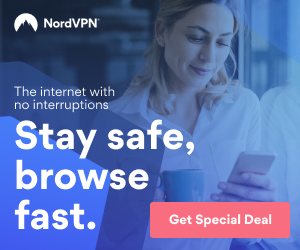
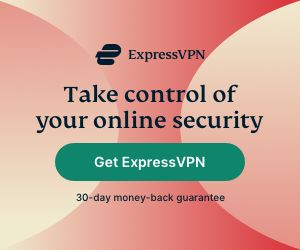
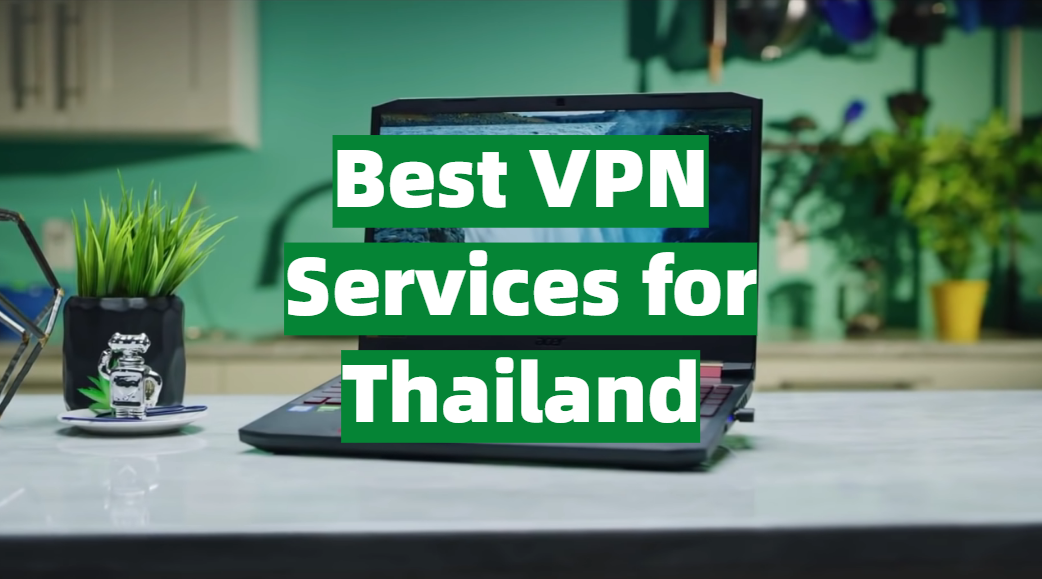
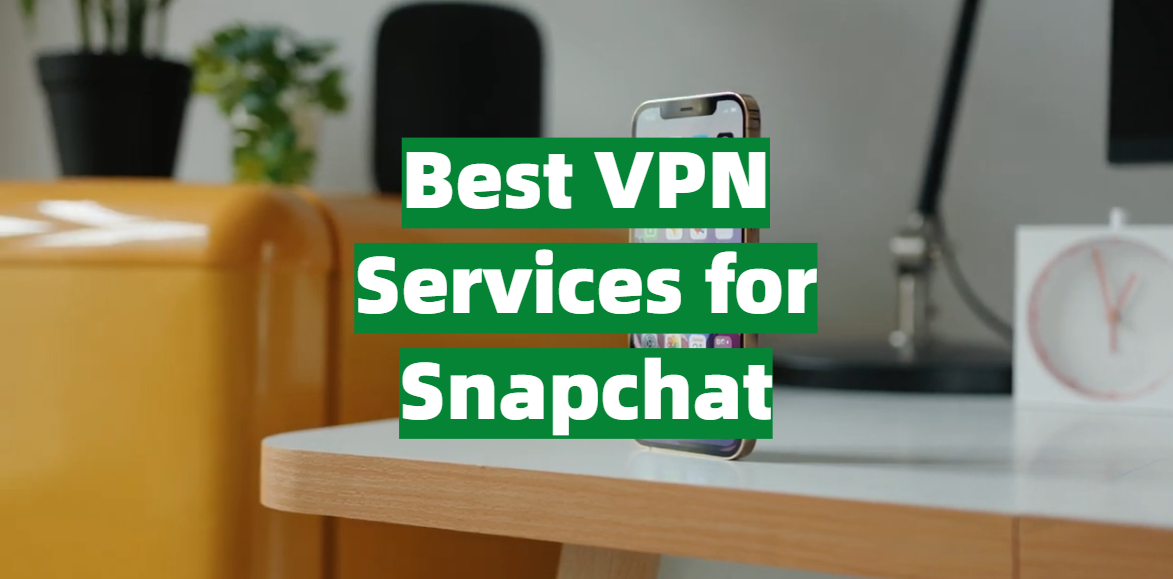
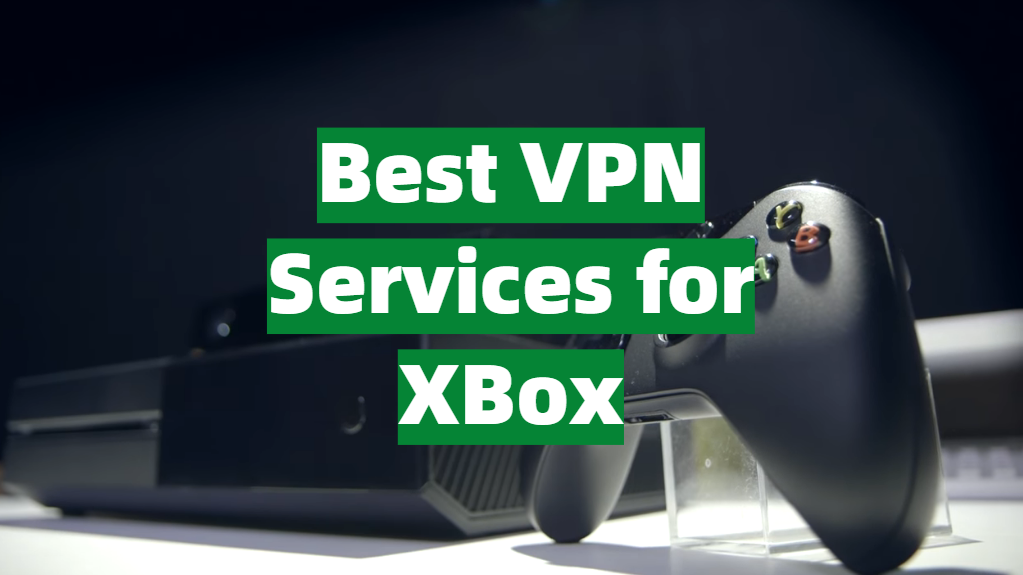
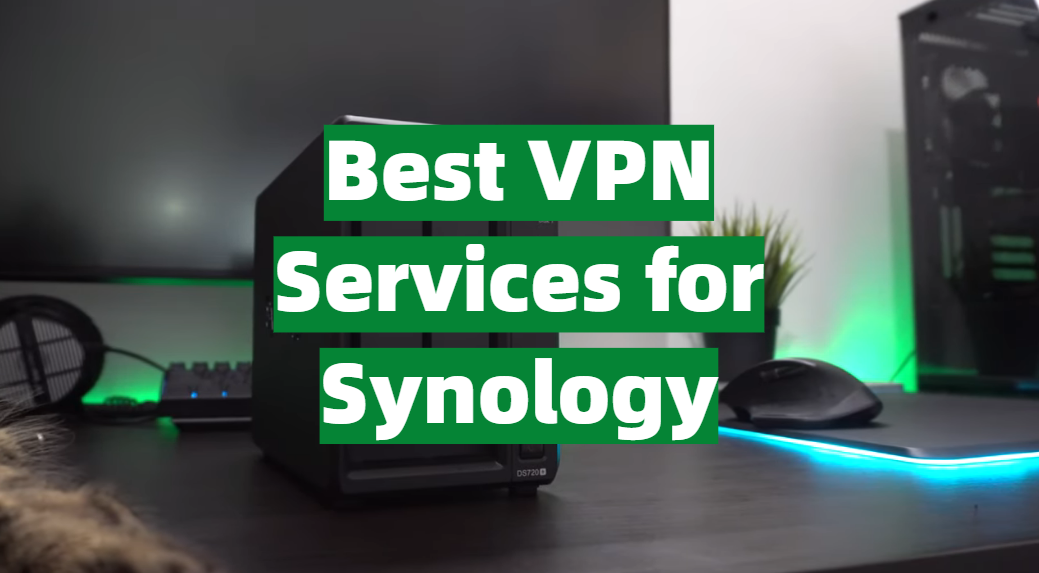
Leave a Reply